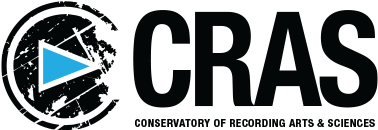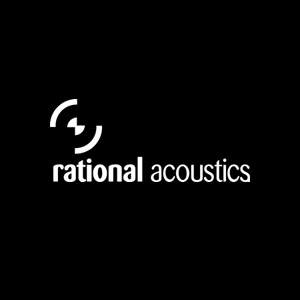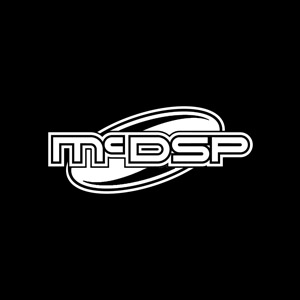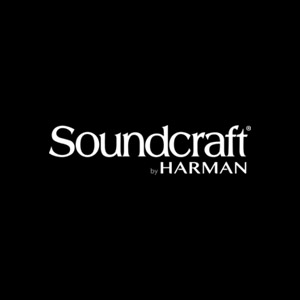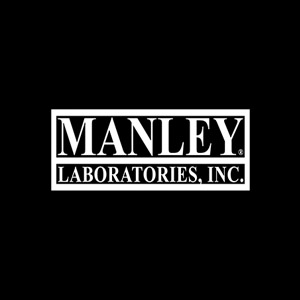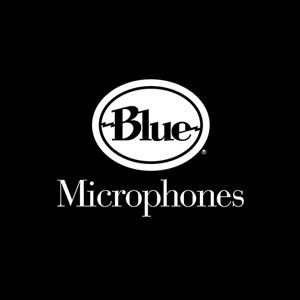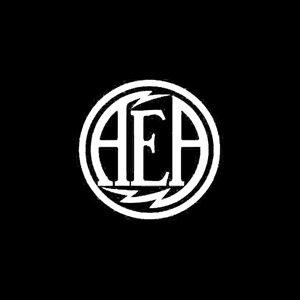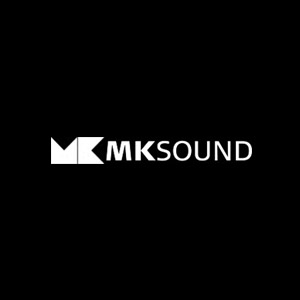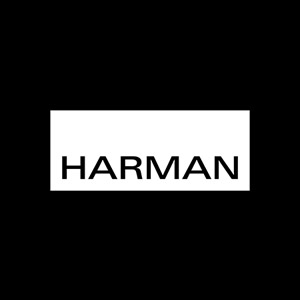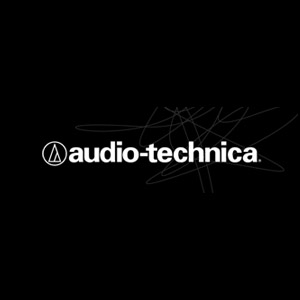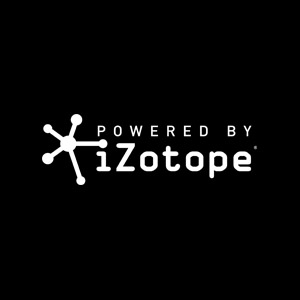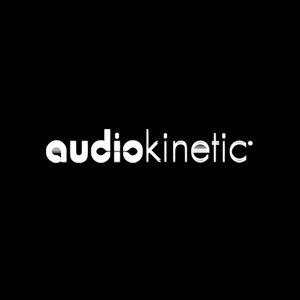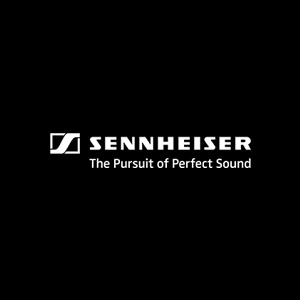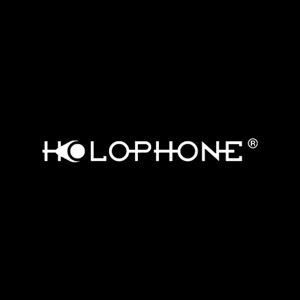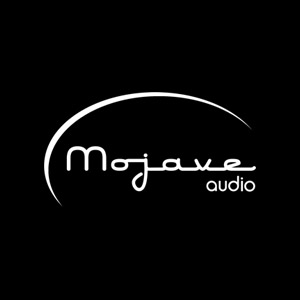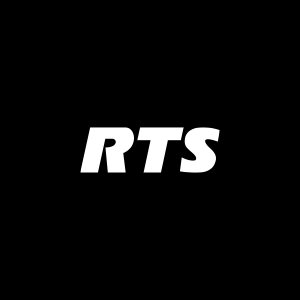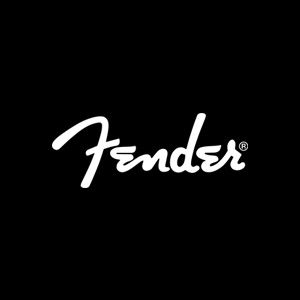Students from The Conservatory of Recording Arts & Sciences (CRAS) in Arizona had an opportunity to practice mixing live audio and video feeds from FOX Sports in the school’s 42-foot remote-production mobile broadcast trailer during the NASCAR Good Sam 500 event at The Phoenix International Raceway from March 11-13, 2016.
Gilbert, AZ (March 22. 2016)—Students from The Conservatory of Recording Arts & Sciences (CRAS) in Arizona had an opportunity to practice mixing live audio and video feeds from FOX Sports in the school’s 42-foot remote-production mobile broadcast trailer during the NASCAR Good Sam 500 event at The Phoenix International Raceway from March 11-13, 2016.
According to Kirt Hamm, CRAS administrator, the feeds included all the behind-the-scenes audio discussions and directions between the directors, broadcast crews, producers, engineers and videographers. With all the background streaming in simultaneously, students had the opportunity to practice mixing audio and following directions amid the chaos of a live broadcast. “This opportunity was devised in an effort to boost potential careers in broadcast audio in a real-world setting,” says Hamm.
Three CRAS teams, each of approximately one-dozen broadcast engineering students, trained during the three days that FOX Sports broadcast the Good Sam 500.
The Conservatory of Recording Arts & Sciences is composed of two nearby campuses in Gilbert and Tempe, AZ. A CRAS education includes broadcast audio, live sound, film and TV audio, music and video game audio, all taught by award-winning instructors. The 11-month program is designed to allow every student access to learn and train in all of the Conservatory’s studios, which feature audio recording and mixing equipment commonly used in studios and remote broadcast facilities, including Pro Tools 11, API Legacy consoles, SSL AWS consoles and Studer Vista consoles. All students must complete a 280-hour industry internship to graduate from the Master Recording Program II that may ultimately lead to industry employment.
“[CRAS’] structured programs and highly qualified teaching staff provide a professional and supportive atmosphere, which is complemented by our small class sizes allowing for individual instruction and assistance for students in engineering audio recordings,” says Hamm.
“CRAS has been providing quality vocational training in audio recording for more than three decades. The curriculum and equipment are constantly being updated to keep pace with the rapid advancements in the music and sound recording industries. CRAS’ course offerings and subject matter have always centered around the skills and knowledge necessary for students’ success in the audio recording industries.”
